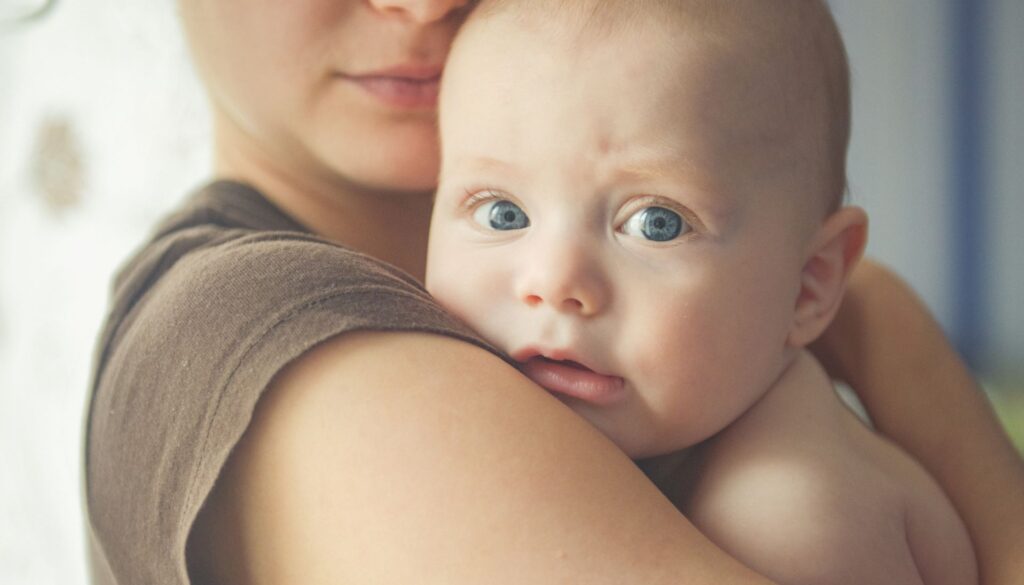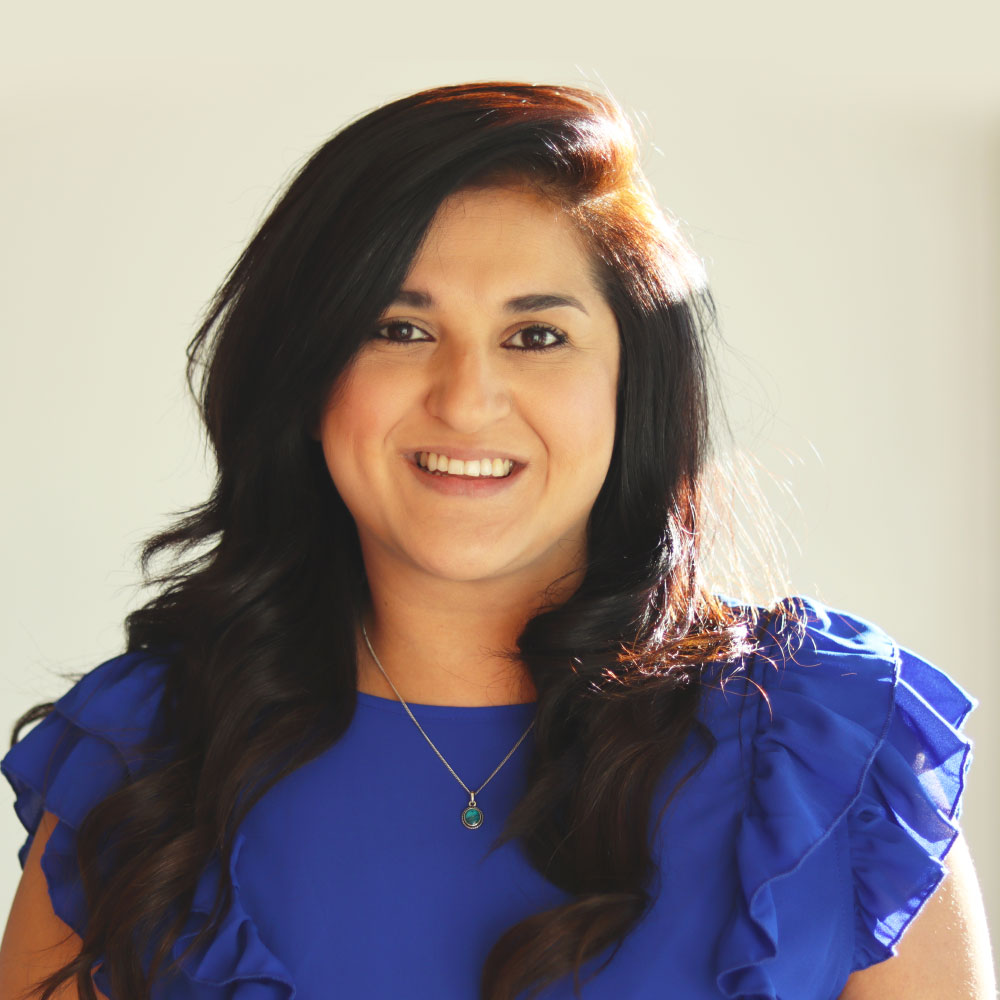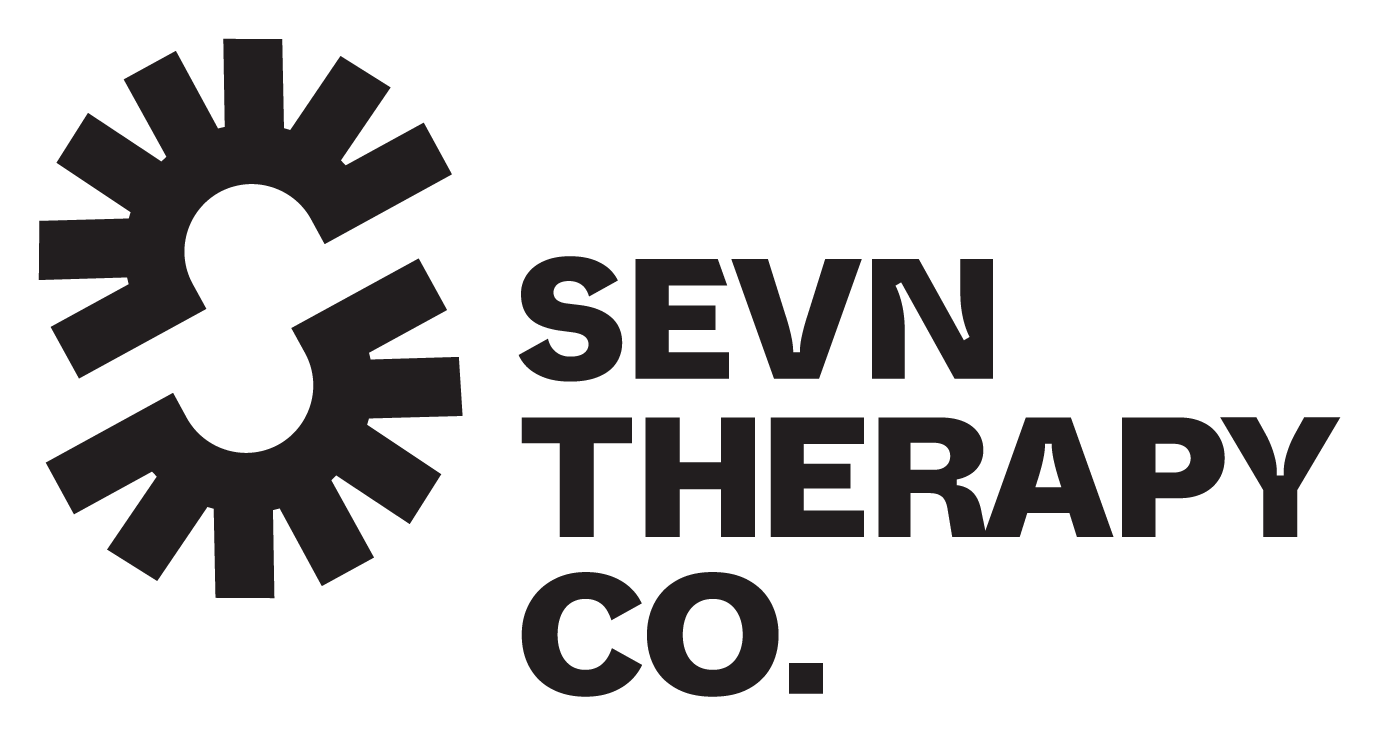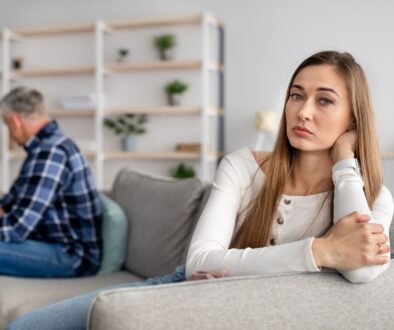5 Ways to Help Moms with Postpartum Depression

Postpartum Depression (PPD) is a medical condition in which many women have strong feelings of sadness, anxiety, and tiredness for a significant period of time after giving birth. PPD affects 1 in 7 women or about 15 percent of the population. This condition is not the same as the “baby blues.” Moms that are experiencing crying spells, anxiety, difficulty sleeping, and mood swings in the first 2 weeks after delivery are suffering from the “baby blues.” PPD is a more severe and prolonged form of depression that can last for up to a year after giving birth with the symptoms being much more intense. Postpartum depression can also begin during pregnancy and continue after childbirth. If this is the case, it is called Peripartum Depression. PPD can make it so that the mother is unable to care for herself or the baby and may have difficulty completing other daily tasks.
Signs of Postpartum Depression:
- Depressed mood
- Mood swings
- Difficulty bonding with the baby
- Withdrawing from friends/family
- Loss or increase in appetite
- Insomnia or hypersomnia
- Overwhelming tiredness
- Loss of energy
- Loss of interest and pleasure
- Intense irritability
- Easily angered
- Hopelessness
- Feelings of shame or guilt
- Inability to make decisions or concentrate
- Anxiety or panic attacks
- Thoughts of harming self or baby
5 Ways to Help Treat Postpartum Depression
# 1 Get Moving
Exercise creates endorphins which help alleviate symptoms of depression. This is also a great way to get you focused on doing something for yourself. Experts claim that exercise is a natural form of therapy that helps increase one’s overall positive mood. In fact, studies have shown that women who tend to live a more sedentary lifestyle are more prone to continued depressive symptoms. Individuals with PPD may or may not want to incorporate their baby in their exercise routines. If bonding with the baby is a goal, some great choices are to take the baby for a walk in their stroller or get your groove on by dancing with the baby. Exercise does not have to be vigorous. Be sure to get approval from your doctor before you exercise after giving birth.
# 2 Let it Shine
Being outdoors and absorbing some Vitamin D from the sun can be very beneficial for individuals suffering from PPD. Vitamin D aids the body to help it heal and decrease pain. Exposure to sunlight releases serotonin, a hormone, in the brain. Serotonin is associated with helping increase an individual’s mood and helps decrease anxiety. Extensive studies have shown the benefits of sunshine to help in cases of PPD.
# 3 Ask for Help & Get Some R&R (Rest & Relaxation)
You have the rest of your baby’s life to become supermom, so for now, ask for help. No one will think you are incompetent in asking for help. In fact, almost all mothers require some sort of help from time to time. That is why they say, “it takes a village” to raise kids. Asking for help gives you a moment to take better care of yourself. Whether you want to immerse yourself in some guilty pleasure television, soak in a warm bath, pray or meditate, or even take a nap, remember that you are human and you need to be able to function to help your little one.
# 4 Take Your Vitamins
Getting enough sunlight is not the only form of vitamins your body needs. After the birth of your baby, it is important that mothers continue to take prenatal vitamins. These vitamins provide the essential vitamins to help boost your system. Omega 3 Fatty Acids and B12 can help with brain functioning and can help treat postpartum depression. Similarly, if you were on any antidepressants or anti-anxiety medications, it would be beneficial to ask your doctor when you could get back on that regimen.
# 5 Talk to a Therapist
Talk therapy is one of the most cathartic ways of healing. Not everyone around you will understand your PPD. By making an appointment with a local SEVN Therapy Co. therapist, you’ll be able to talk about your thoughts and feelings without any biases or judgements. SEVN Therapy Co. provides a safe and compassionate atmosphere for individuals dealing with PPD. As a licensed counselor, I can help by providing support, finding appropriate resources, and giving guidance and training on various coping strategies that best suit your needs. You can click here to book a session with me or call our office at 817-778-0522.

Sonia Noorany, LPC-Associate
Supervised by Scott Martindale, LPC-S



